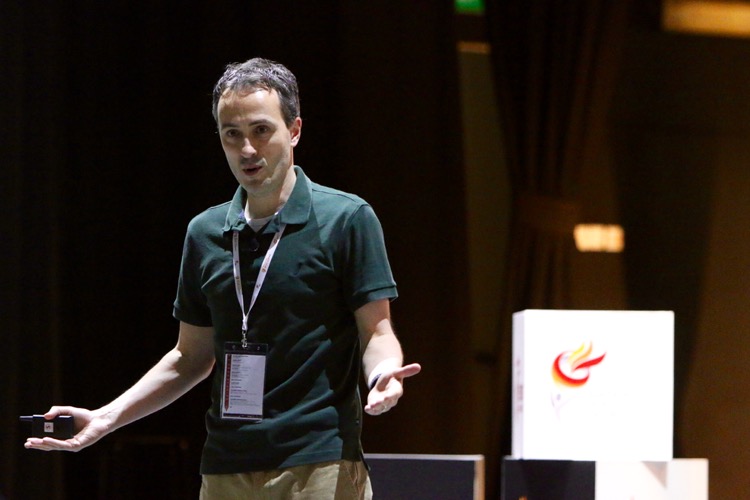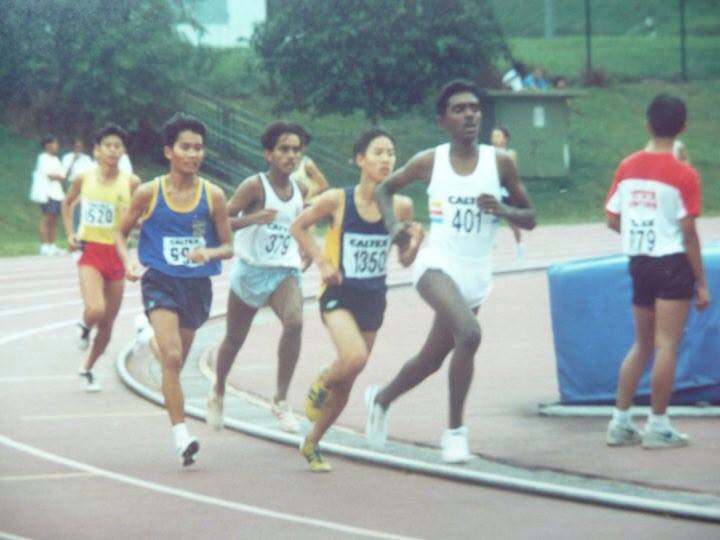By Poh Yu Khing, sport psychologist
In the last article, we looked at how writing down your goals is the first step towards turning your dreams into reality. Let’s explore the next step of goal-setting which is about outcome, performance and process goals.
Your short-term to long-term goals are what we call ‘outcome goals'. That is the final outcome that you want to achieve by a certain date. But the power of goal-setting does not come from merely setting an outcome goal. The real power comes from following through on the outcome goals, performance goals, and process goals. Once you have set up your outcome goals, ask yourself the following question:
What performance must I have to achieve my outcome goal?
Performance goals refer to some measure of performance, a way to estimate the level or quality of your sporting or non-sporting performance. Performance goals lead to the outcome goals. So if I achieve my performance goals, I should have a very high chance of achieving my outcome goals.
For example, if my goal is to make it to the national badminton team, then my performance goals could be to improve my fitness and strength, improve the power of my smash, and improve on defence. If I work on these areas, my overall badminton game would improve and I have a higher chance of making it to the national badminton team.
Once you have outlined which areas of your performance that you need to work on, then the next step would be to translate them into process goals. Ask yourself the question:
What process must I work on to achieve the desired level of performance?
Process goals refer to things within your control. They may be daily or weekly activities. They are activities that if done well, will lead to the performance that you want.
Each performance goal should have a corresponding process goal. For example, if my performance goal is to improve my fitness and strength, then my process goals could be to go for distance runs and gym work out at least 3 times a week. If my performance goal is to improve my smashing and defence in badminton, then my process goals could be to spend at least 30 minutes each training session doing smashing and defence drills.
The key to process goals is to be as detailed as possible. Look for all the areas that will help lead to your desired performance. These will help you evaluate your strengths and weaknesses, and progress towards your goals.
Action is power
The power of goal-setting lies in executing the process goals. Without action, there can be no results. Without commitment to the process goals, there can be no outcome. Many people dream of achieving success, but few actually get down to doing it. You should focus on executing your process goals because those are the only things fully within your control.
Whether your goal is to play better golf, achieve better results in your studies, something lifestyle-related like to lose weight, or advance your career in a certain way, a detailed goal-setting process will help you to achieve success.
An example from academics:
When I was sitting for my A-level exams many years ago, my tutor brought us through a similar thought process (although it wasn't explained in this way at that time). She shared with us that those who wanted to score an "A" in the Economics paper (outcome goal), would need to score at least 90% in the multiple-choice question (MCQ) section of the exam (performance goal).
Most of us had serious doubts about our ability to score 90% for the MCQ section. But she said that this was possible if we did the MCQ 10-year series TWICE over. What? Some of us thought she was mad. There were 1,200 questions in the 10-year series, and twice over would be 2,400 questions!
We calculated that we had to practice at least 50 MCQ questions every day for the remainder of the days left to the exam (process goal). At that time, many of us had serious doubts about her claims, but a few of us decided to give it a try anyway. For those of us who stuck with the process goal, we become so good in our MCQ section (performance goal) and eventually most of us got our "A" (outcome goal), including myself!
The goal-setting process when done well is that pathway to success. Mervyn Foo, former national bowler and now national bowling coach once said that "Process leads to success." That's what great people and great companies do. They set an outcome goal for themselves, and then focus on the process needed to get there. And that's what you can do to achieve your dreams.
Attached is a simple worksheet to help you plan out your outcome, performance and process goals.







=) well-said !! heehee .. great !!!